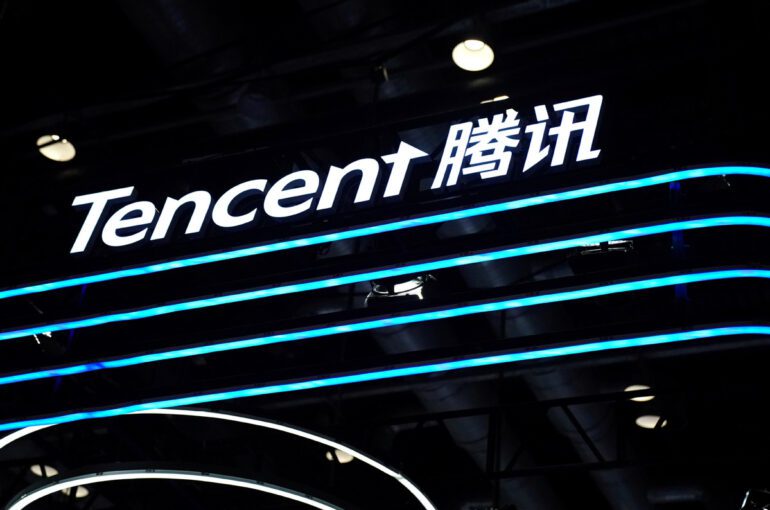TL;DR:
- Tencent, a major player in China’s tech sector, is venturing into healthcare with a focus on AI integration.
- Their large language model, Hunyuan, integrated with WeCom and WeChat, offers specialized AI solutions for the pharmaceutical and healthcare sectors.
- Tencent has developed innovative products like Miying (an AI medical imaging tool) and integrated medical insurance payment services.
- The company aims to redefine healthcare in China’s rapidly growing market, which is projected to reach $311.5 billion by 2026.
- Despite regulatory constraints, Tencent sees AI’s potential to assist doctors and transform healthcare delivery, catering to an aging population.
Main AI News:
In a strategic move poised to reshape the healthcare landscape in China, Tencent Holdings, a prominent player in the country’s tech sector, is making significant inroads by capitalizing on its prowess in social media and artificial intelligence (AI). This bold initiative aligns with a broader trend, as major tech giants are fervently endeavoring to revolutionize China’s burgeoning healthcare market.
At the forefront of Tencent’s foray into healthcare is its robust large language model (LLM), known as Hunyuan, seamlessly integrated with ubiquitous social media platforms like WeCom and WeChat. This strategic integration is purpose-built to provide tailored AI solutions to esteemed clients within the pharmaceutical and healthcare domains, with notable partners including industry titan AstraZeneca. Alexander Ng, the visionary leader at the helm of Tencent Healthcare, underscores the company’s commitment to enriching the pharmaceutical sector’s scientific understanding of drugs, transcending mere marketing objectives.
Yet, Tencent’s foray into healthcare extends beyond AI models alone. The conglomerate has also unveiled a suite of consumer and business-oriented offerings, exemplified by Miying, an AI-powered medical imaging tool, and a medical insurance payment service seamlessly woven into the WeChat ecosystem. These groundbreaking innovations underscore Tencent’s unwavering dedication to reshaping the healthcare landscape in China, a market poised to surge to a staggering $311.5 billion by 2026.
Nevertheless, the healthcare sector’s embrace of AI has been characterized by cautious deliberation, given the immense responsibilities tied to patient well-being. Chinese regulatory authorities have implemented stringent measures to govern AI’s role in healthcare, including the prohibition of AI-generated medical prescriptions and the steadfast assertion that AI cannot supplant the role of doctors in diagnosis and treatment.
Despite these regulatory constraints, the potential for AI to enhance the medical sector remains substantial, particularly in assisting medical professionals. With China’s aging population exerting mounting pressure on healthcare resources, Tencent discerns an opportune moment to revolutionize healthcare delivery. This transformation extends beyond conventional doctor-patient interactions, encompassing self-service models accessible via online platforms. These platforms offer a gamut of services, including disease prevention insights, chronic illness management, and informative medical live-streaming sessions, thereby heralding a new era in healthcare accessibility and convenience.
Conclusion:
Tencent’s strategic foray into China’s healthcare sector, leveraging AI and social media integration, signifies a bold move to reshape the market. While regulatory hurdles exist, Tencent’s commitment to enhancing healthcare delivery and assisting medical professionals holds the potential to disrupt and elevate the industry’s standards in response to the growing demands of China’s healthcare market.

